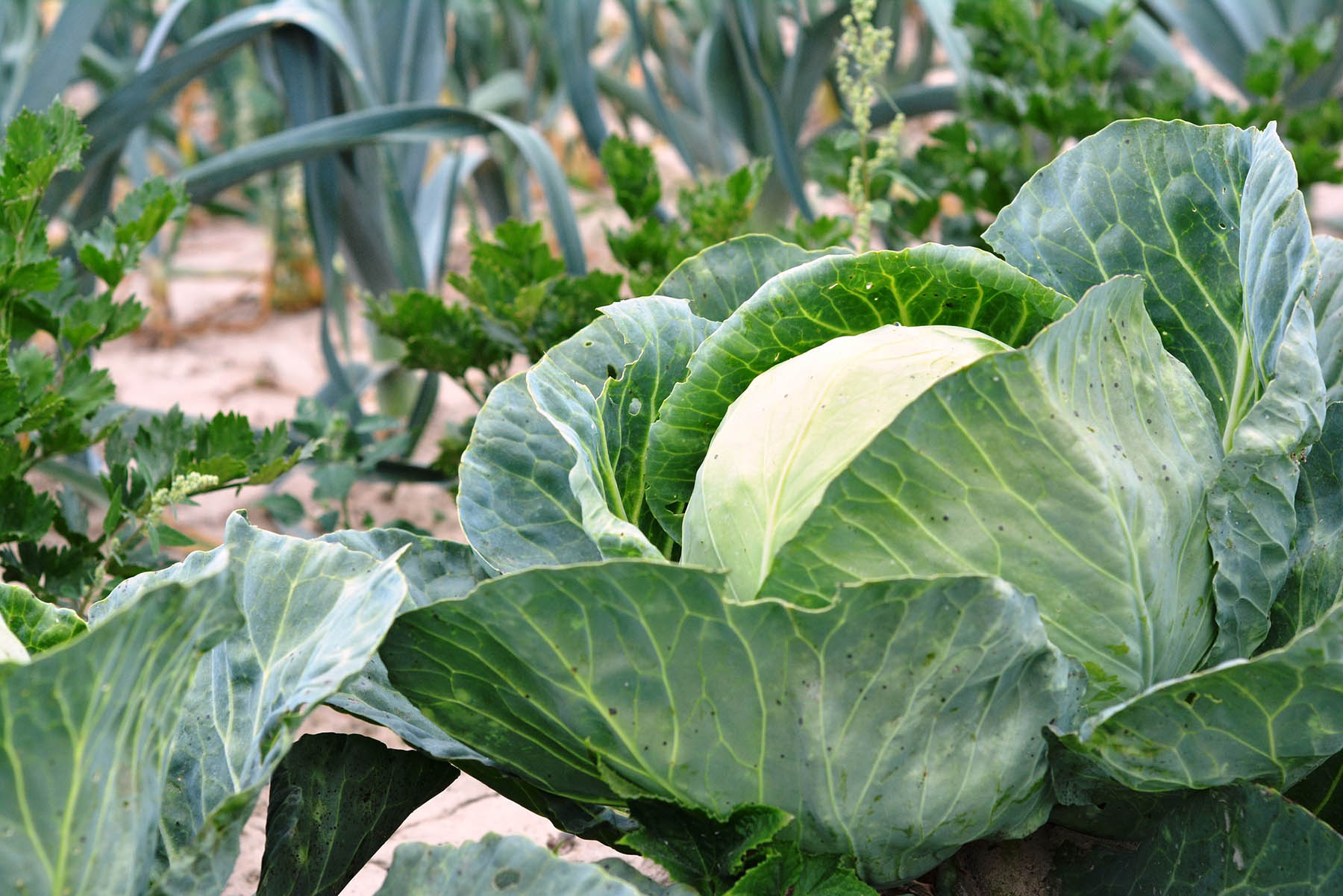
Cabbage Health Benefits May Surprise You
THe wild turkeys need grassy plots throughout their wooded territory. I guess my property is suitable for domestic turkeys with a little planning and planting! 2buckskins, good to know turkeys also like corn, oats and boss. Have lots for the chickens. Apparently they will eat any fruits available like the olives and cherries.
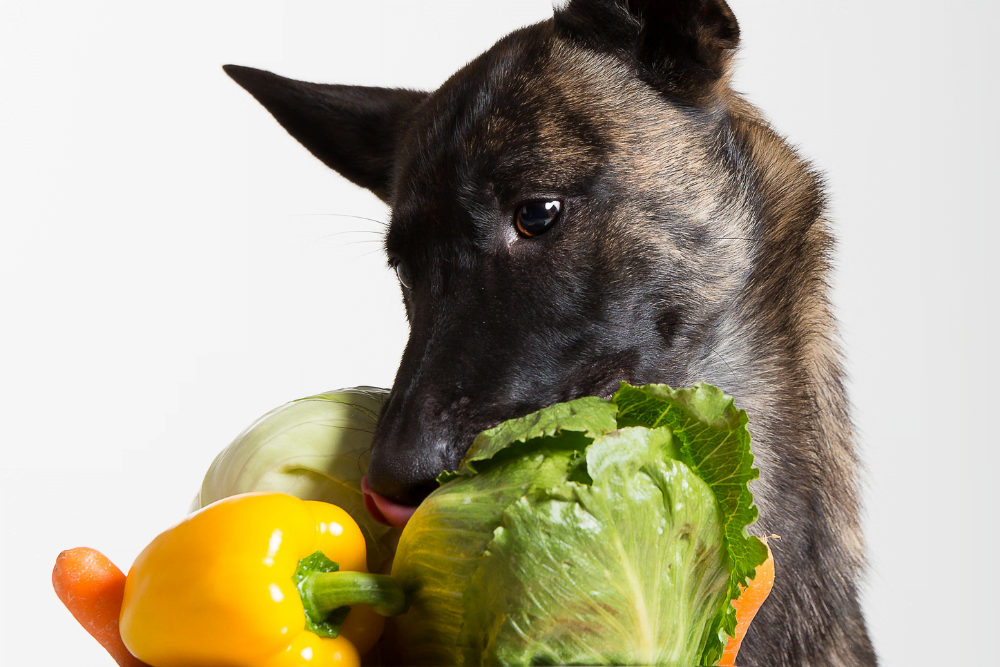
The Complete Guide Can Dogs Eat Cabbage? Is it Safe or Toxic?
Turkeys will eat just about anything, and they need to do that. They are large birds. Even if you give your own turkeys a decent diet, the chances are pretty high that they are going to go out there and forage even more. Generally speaking, your turkeys will know which foods they can and cannot eat. However, you may still need to take your own.
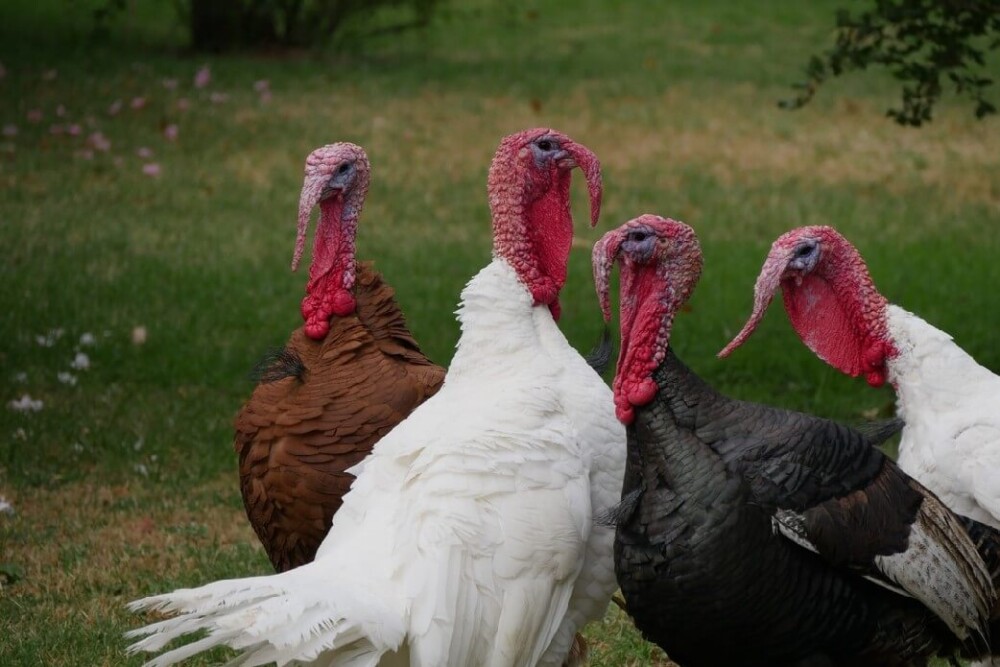
Feeding Turkeys What They Can and Can’t Eat and Substitutes
Cabbage is one of the vegetables that can be fed to turkeys, but it should be given to them in moderation. It has been observed that turkeys enjoy eating cabbage and can benefit from its nutritional value. Cabbage contains essential nutrients such as vitamins K and C, as well as fiber, which can aid in the turkeys' digestion.
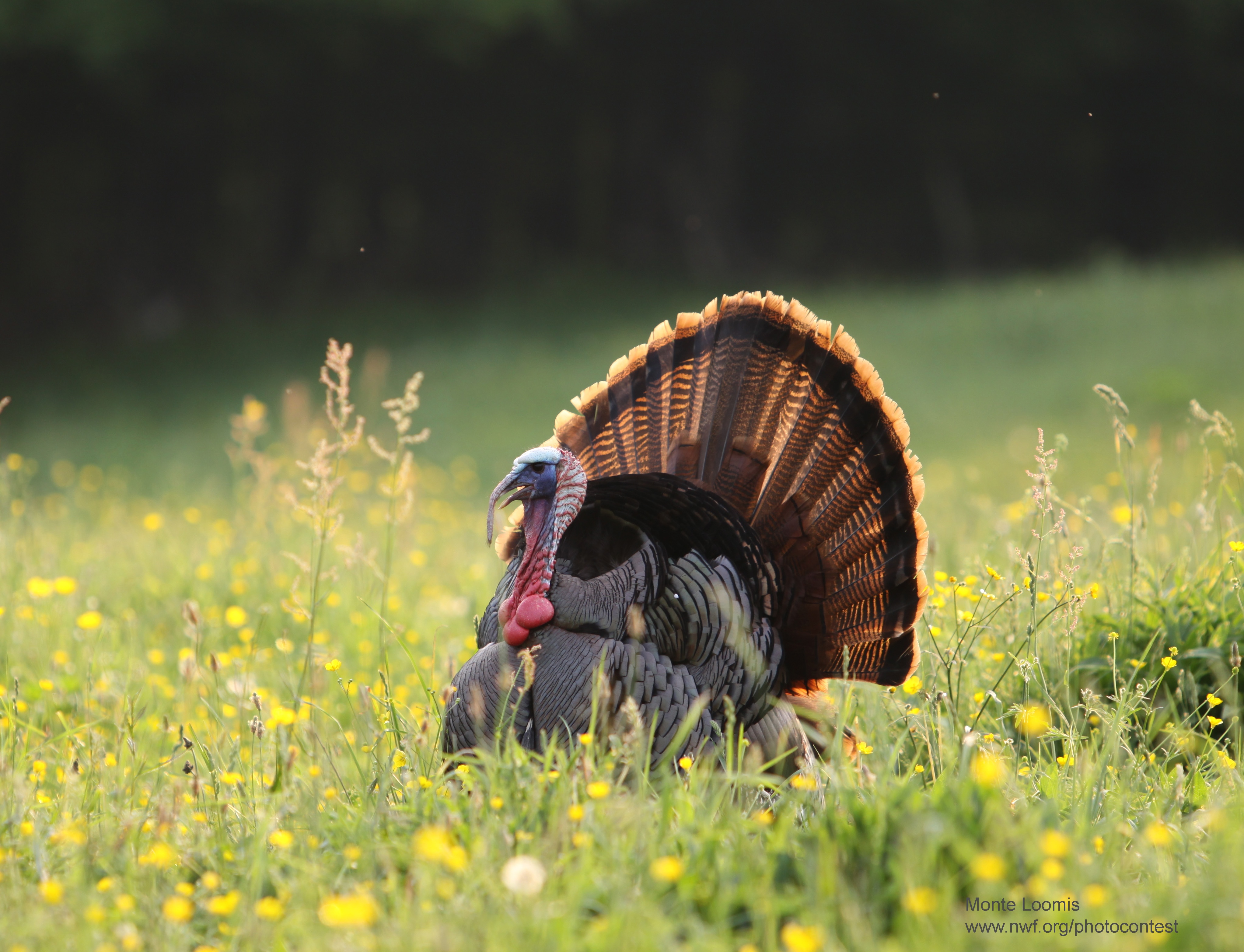
6 Tips for Feeding Wild Turkeys with Your Garden The National
When raising backyard turkeys, the secret is to keep the turkeys in cages raised off the ground, on sunporches. One of our neighbors customarily raises 6 to 12 turkeys a year right next to the hen house, in a pen about 5 feet wide, 12 feet long and about 2 feet high. The entire sunporch is raised about 3 feet off the ground.

Chinese Cabbage
Turkeys appreciate a wide array of foods, whether they are from your garden, your fridge, or your local grocery stores produce trimmings. Examples of vegetables that can be included in a healthy diet include bok choy, spinach, endive, beet greens, cabbage, beets, broccoli, cauliflower, sliced cucumbers; tomatoes; swiss chard; maize; and boiled.
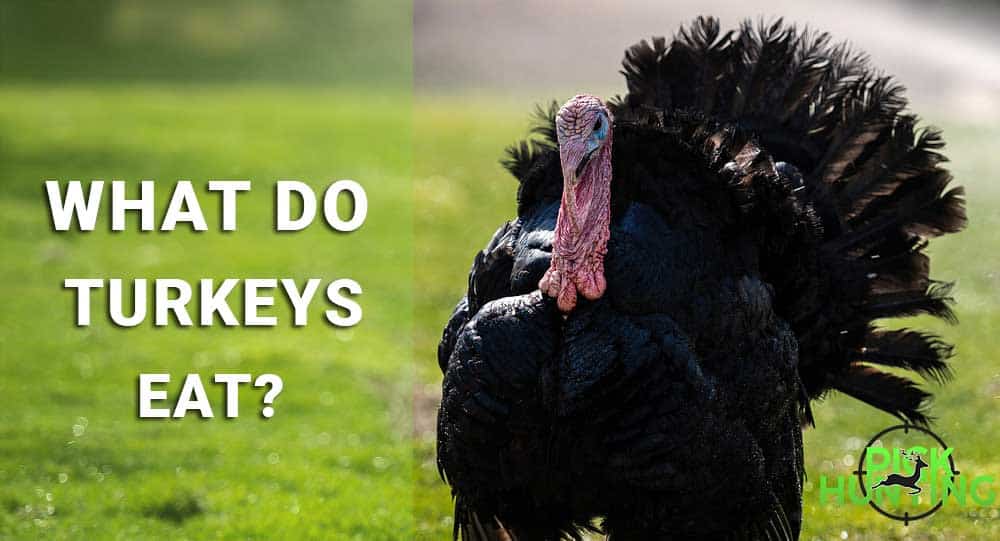
What Do Turkeys Eat? [Helpful Diet & Nutrition Guide]
1. Wild Turkeys Change Their Head Color to Communicate Emotions. The color of a wild turkey's head can change based on how the bird is currently feeling. Colors typically change to blue or red depending on how calm or excited the birds are. Ideally, the more intense a color appears, the stronger the bird's emotions. 2.
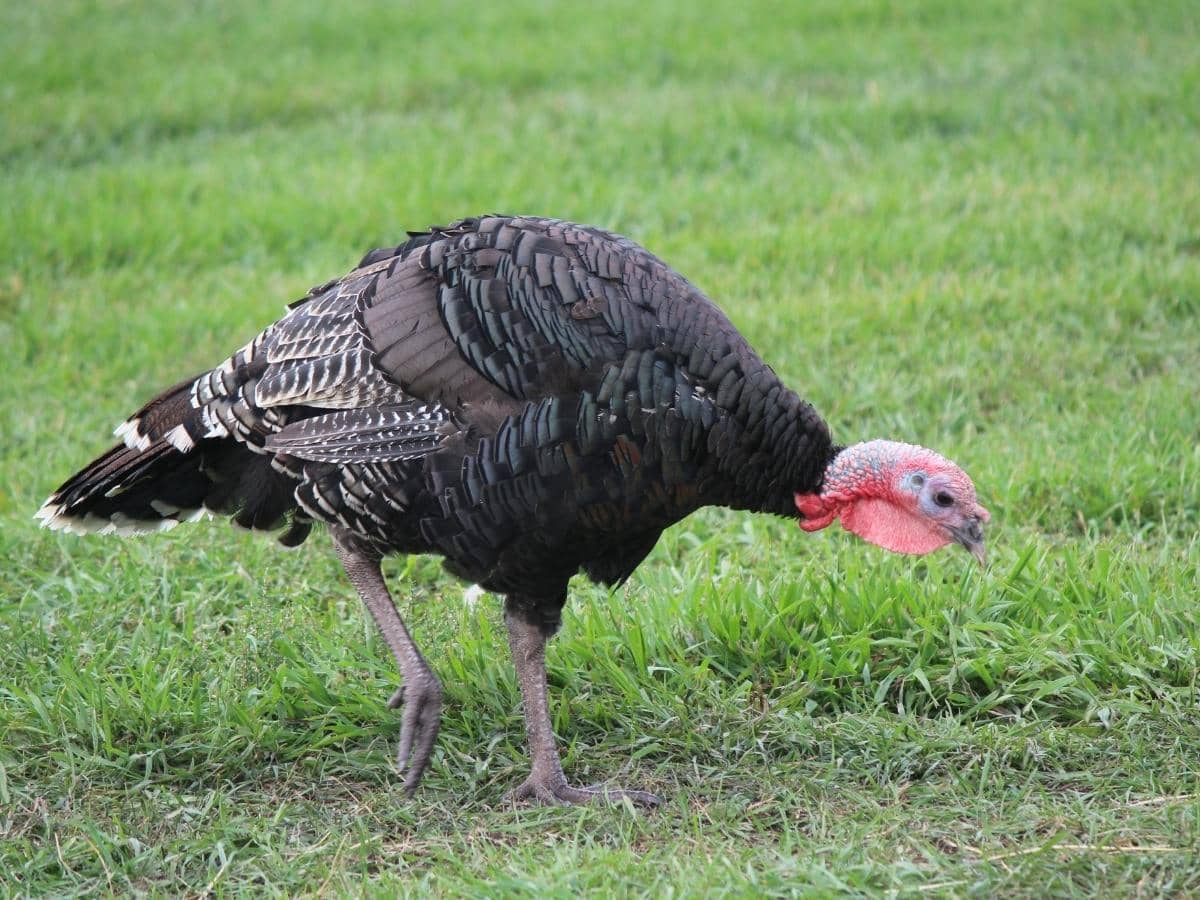
Can Turkeys Eat Apples? (All You Need to Know)
While plants make up the majority of a wild turkey's annual diet, invertebrates—especially grubs and insects—are critical sources of protein for the birds. That means wild turkeys do eat pill bugs, grasshoppers, beetles, snails, caterpillars, and ticks. Turkeys forage for these food sources throughout the day by scratching and pecking at.

Daily Diet, Treats, And Supplements For Turkeys The Open Sanctuary
Turkeys eat acorns in fall and winter and in many oak forests you can even notice a V-shaped scratching in the leaf litter (a sure sign of wild turkeys). Many other wildlife species rely on acorns as a food source, and oak trees are also important caterpillar host plants and nesting areas for birds, so you'll be helping out more than just.

Cabbage Langedijker Winterkeeper TreeSeeds.ca
8. Lettuce. Turkeys can eat lettuce. Lettuce is an excellent supplement to their diet. Additionally, because these birds are bred to be large, extra greens and roughage should be provided for their consumption. Read more about feeding turkeys with lettuce. 9. Oat. Yes, turkeys can eat oats.

Can Goats Eat Cabbage?
Pickled red cabbage is hugely popular in Turkey. And the great news is, it's quick and easy to make. We can't get enough of it. Course Side Dish. Cuisine Turkish. Prep Time 10 minutes. Cook Time 5 minutes. Salting Time 1 hour. Total Time 1 hour 15 minutes.
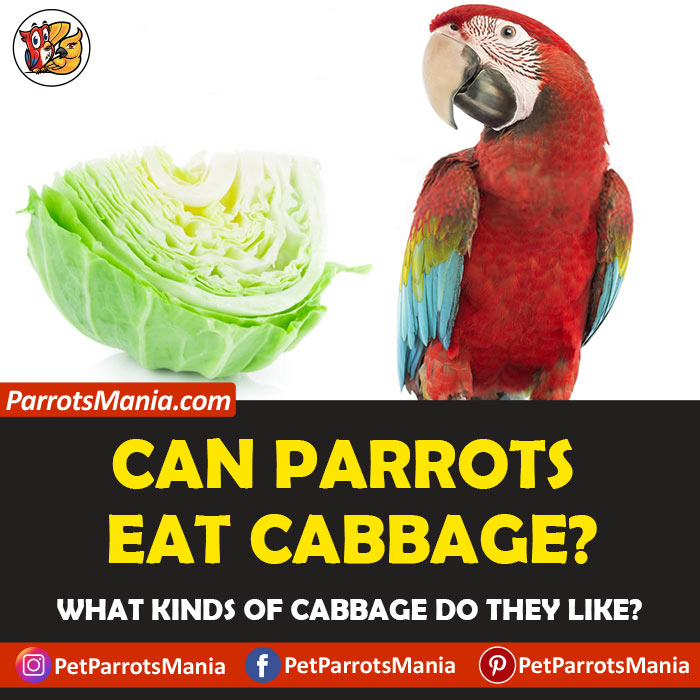
Can Parrots Eat Cabbage? What Kinds of Cabbage Do They Like?
Seeds and grains. Turkeys love to eat seeds and grains. These food sources offer lots of protein to help them grow and stay full of energy. They will consume almost any seed type found in birdseed. This can include sunflower seeds, peanuts, safflower, corn, milo, sorghum, and much more.

Can Dogs Eat Cabbage? You Betcha! Crafty Little Gnome
A turkey's diet consists of at least some of the following: Assorted insects, especially grasshoppers. Berries from various low-lying shrubs and bushes, wild grapes, and crabapples. Grains such as corn and wheat from the wild and agricultural fields. Green plant food and foliage, such as buds, leaves, tubers, roots, bulbs, and cacti.
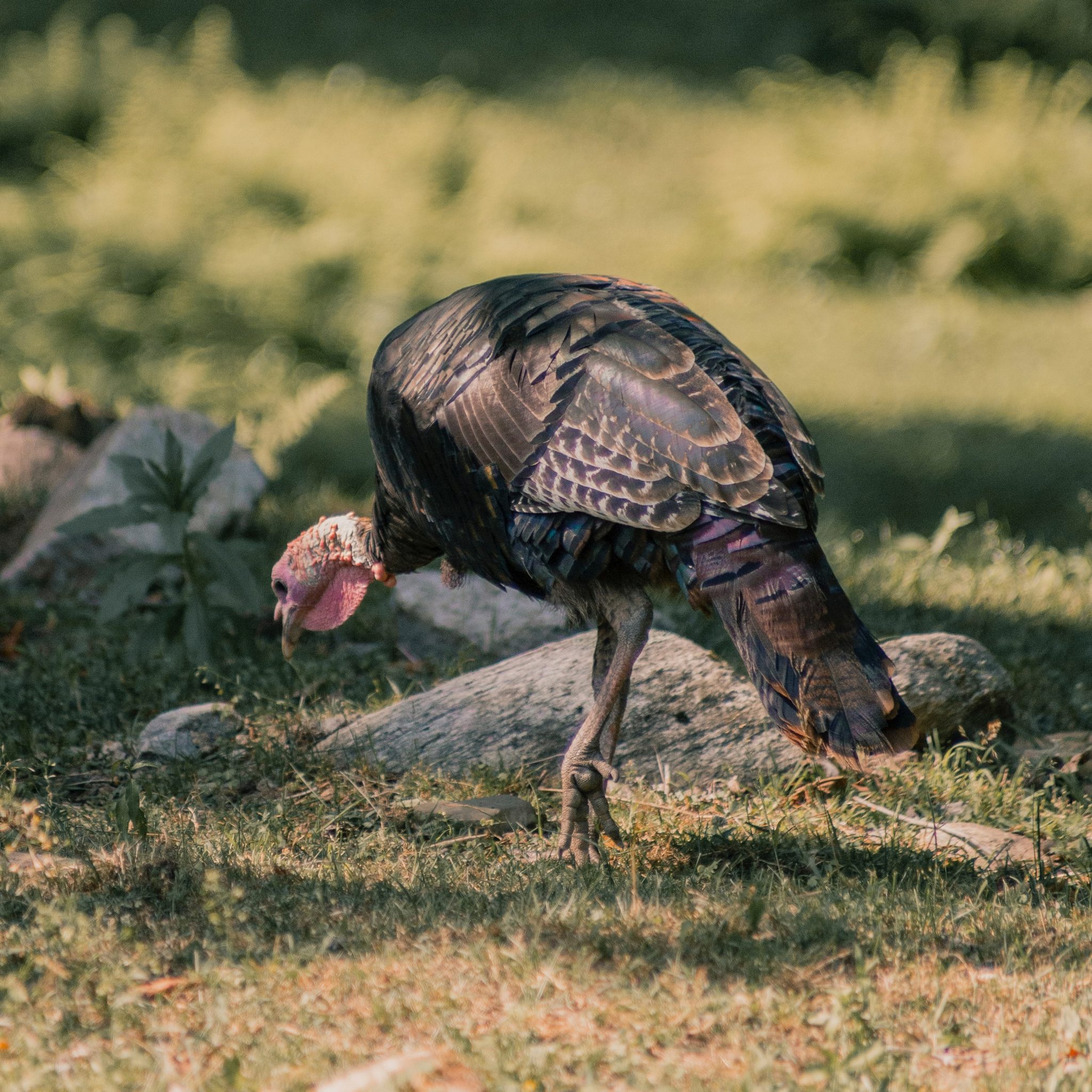
Can Turkeys Eat Bread? HuntingSage
Instructions. Preheat the oven to 400 degrees. Mix all the spices (including the brown sugar) together. Pull the skin up from the meat and rub half of the spices onto the turkey. Put the turkey skin side down onto your baking sheet and rub the rest of the spices onto the top of the turkey breast.
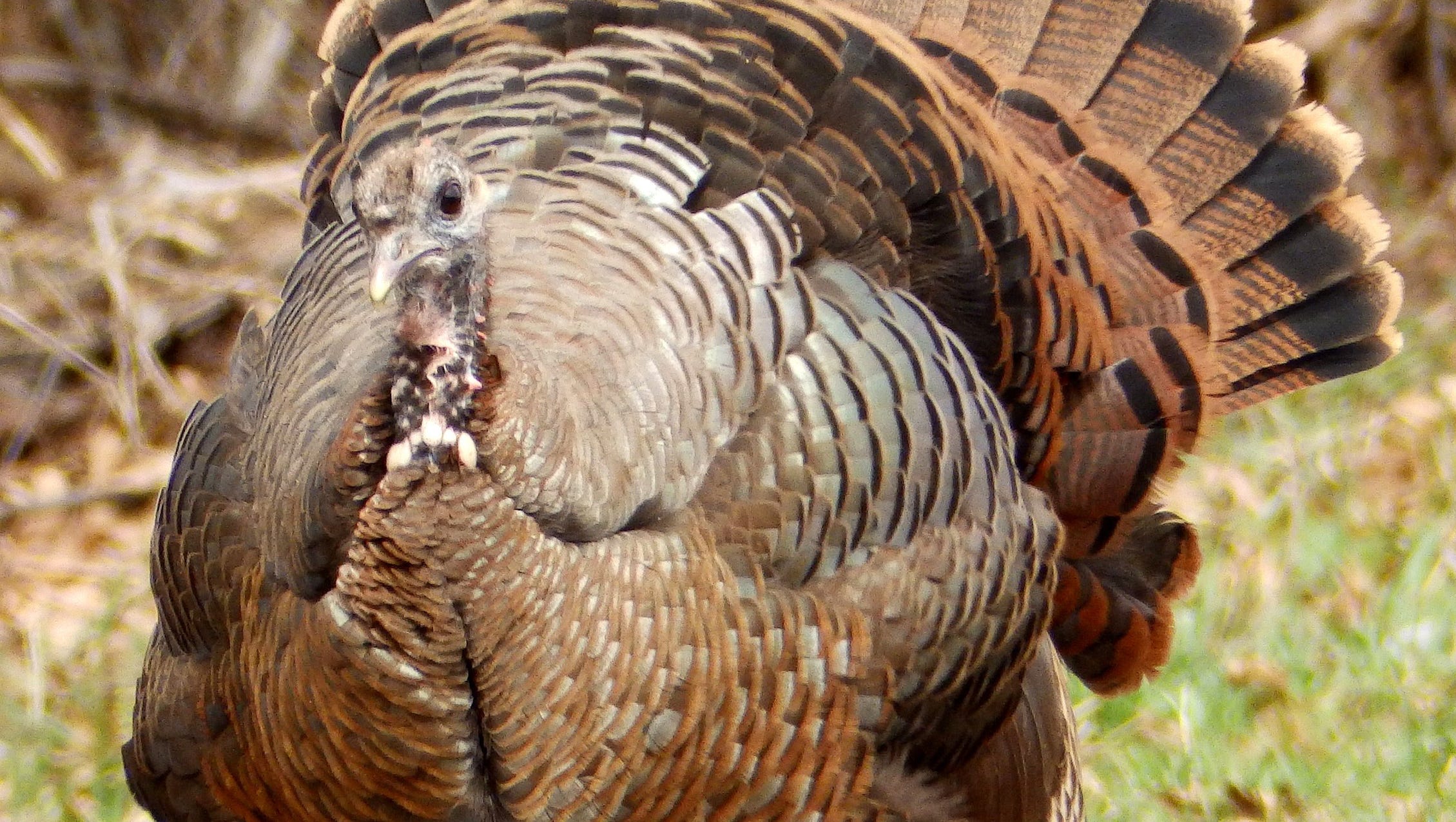
Hen turkeys can strut their stuff
Depending on the plants species and time of year, turkeys will eat roots, bulbs, stems, buds, leaves, flowers, fruits and seeds. In search of protein, they move about the woods like a pack of velociraptors, thrashing up the leaf litter and eating anything that moves. Their quarry includes all manner of insects as well as salamanders, lizards.
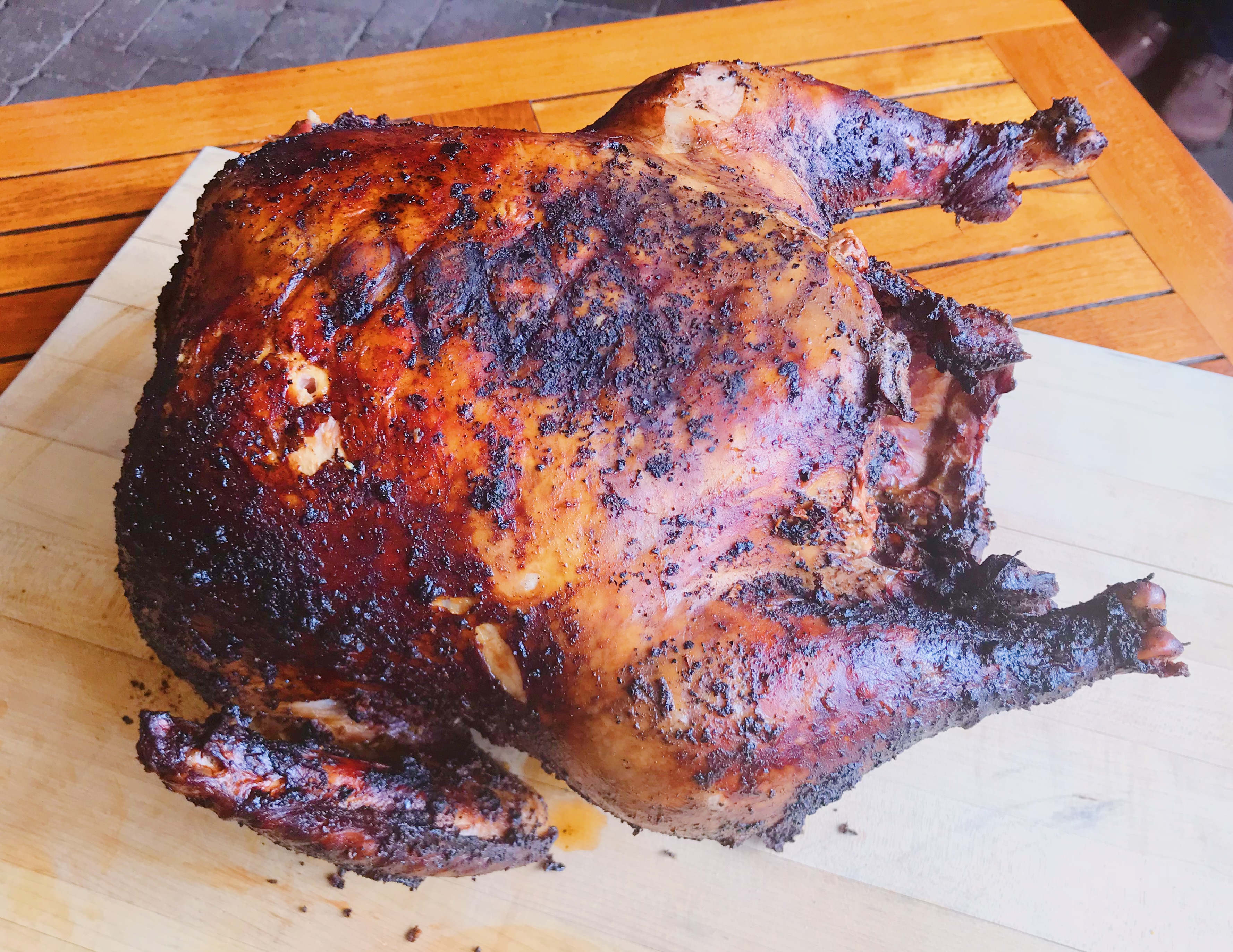
Whole Smoked Turkeys from the Roadhouse
Fruit Pits and Seeds. The pits and seeds of many fruits contain small amounts of cyanide, a toxin that can be lethal to turkeys in the right dosage. The pits or seeds of peaches, apples, plums, and even cherries should never be fed to turkeys because of this reason. Whole fruits of these types should be fed in limited quantities.
Elmwood Stock Farm's Organic Heritage Breed Turkeys Organic, Pasture
Pumpkins. Cucumbers. Watermelons. The seeds of some fruits contain cyanide and other toxins that can harm your turkeys. Do not give the seeds of the following fruits to your turkeys: Pears. Apples. Peaches. As for nuts, they are rich in proteins and make a great treat for your turkeys.